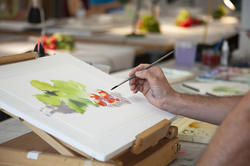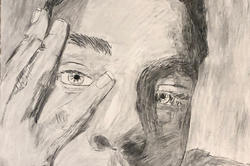From its on-campus Pre-College program to online classes and a new Summer Teen Art Institute in Shanghai, RISD CE focuses on accessibility.
RISD ExED Program Uses Art and Design to Inspire Business Professionals
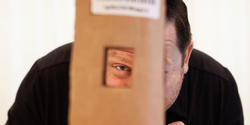
In early December RISD Expanded Education (ExED) launched The Art of Creativity, a hybrid program designed to help corporate leaders break out of business-as-usual thinking and tap into their creativity on the job. Drawing on the expertise of RISD faculty and alums, the program combines two days of on-campus learning with a series of online modules and resources that allow participants to apply what they learn at RISD to their own work and identify new opportunities to build their professional craft.
“The immersive live sessions allow participants to get into a different head space and connect with the other members of their cohort,” explains Director of Expanded Education Sean Kennedy. “Right from the beginning, they’re working with their hands to explore experimentation, iteration and how the creative process really works.”
The pilot program features live instruction from four educators trained in a variety of disciplines: RISD Museum educator Liz Crawford, Printmaking faculty member Lois Harada 10 PR, Architecture Professor Kyna Leski and Assistant Professor of Industrial Design Hillel O’Leary 11 IL. They worked with Kennedy to develop half-day sessions accessible to people outside the world of art and design.
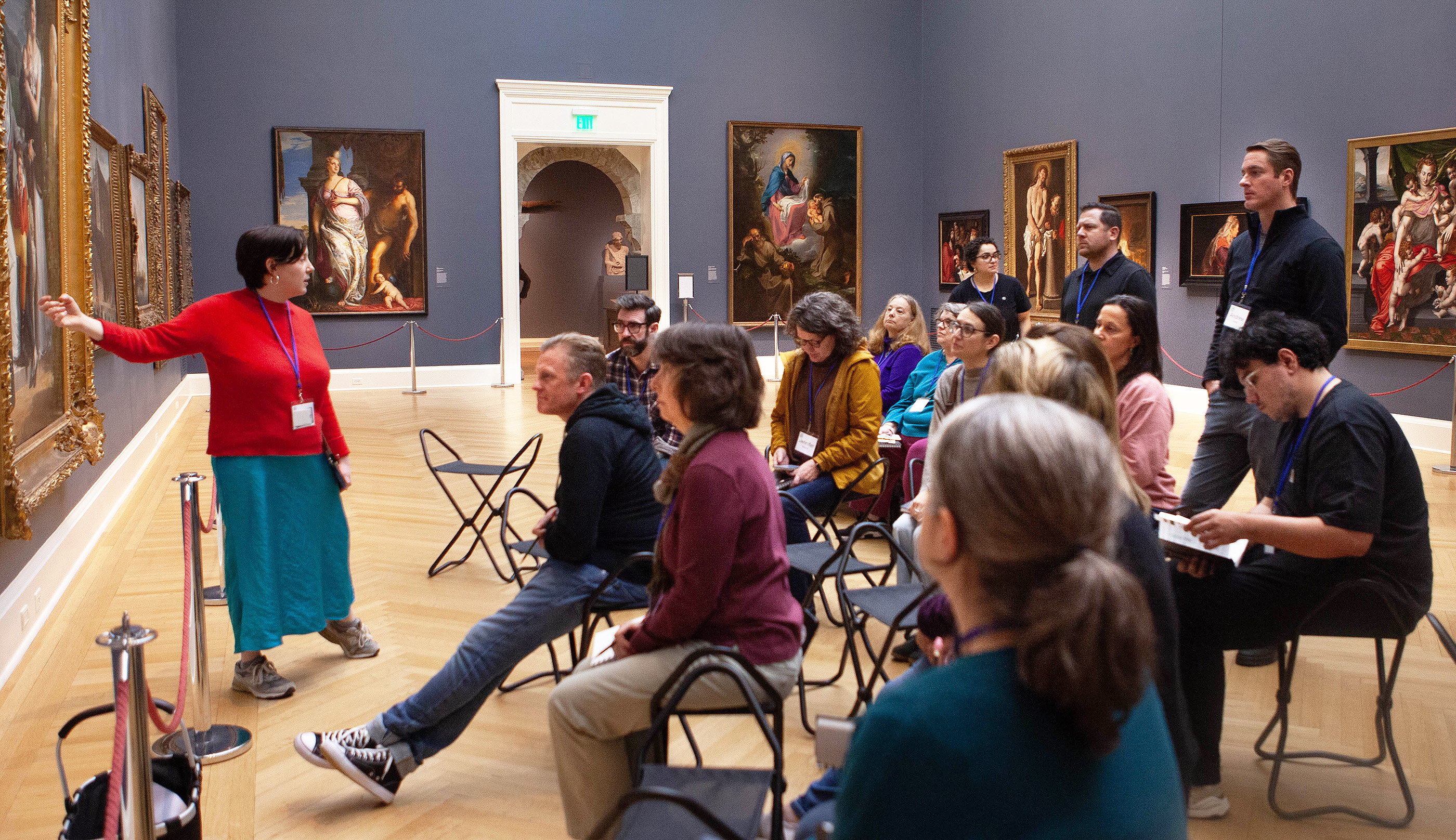
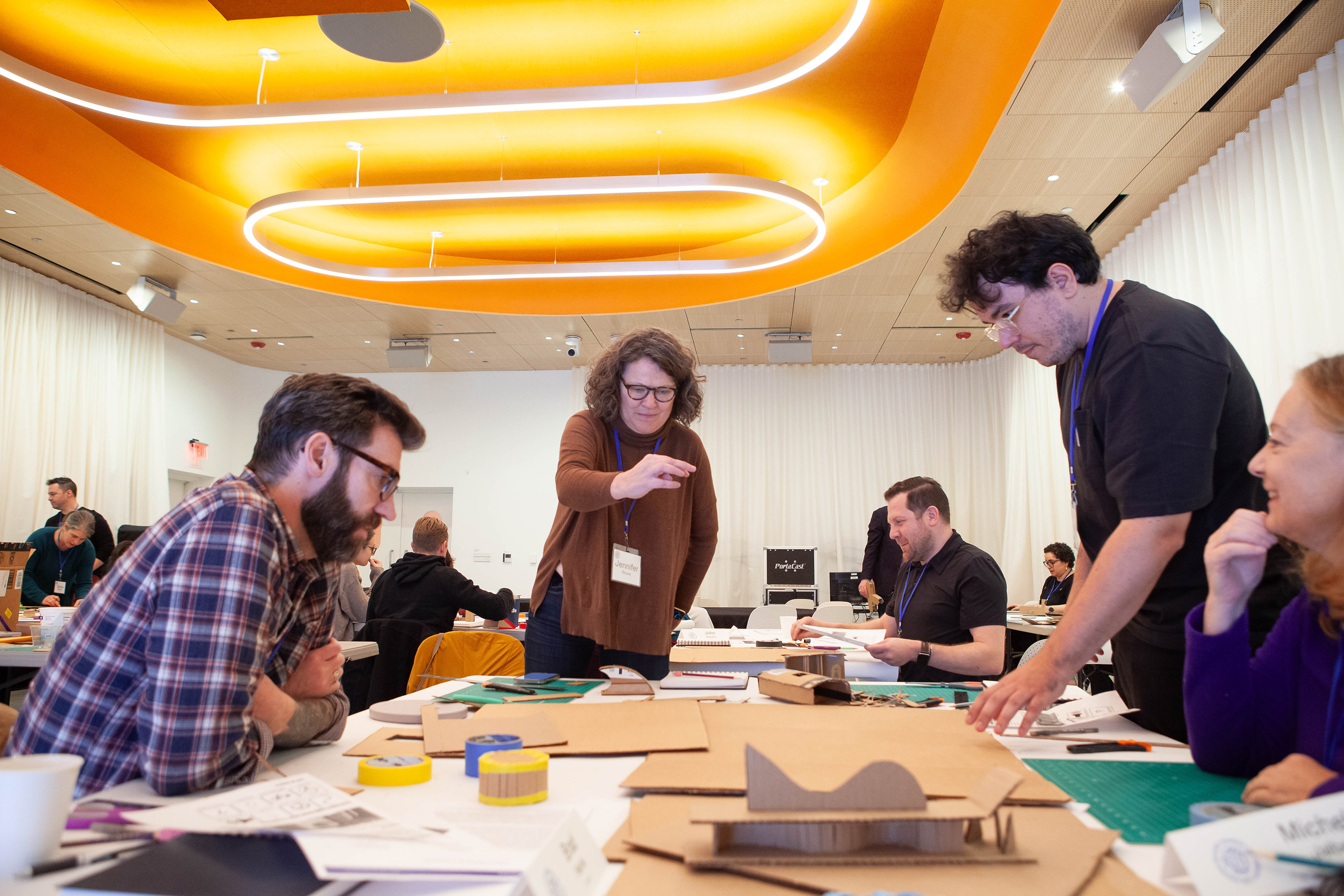
“Creativity is not the domain of artists alone,” says O’Leary. “The Art of Creativity participants came to RISD to discover how to work alongside their colleagues to build something meaningful from the ground up.”
Seventeen participants from different organizations traveled from as nearby as Connecticut and as far away as Brazil to take part in the open-enrollment pilot. Kennedy and his team are also developing a program for organizations that want to enroll an entire team to work together using art and design thinking to tackle a tough business challenge.
Participants began with a hands-on 3D modeling activity led by O’Leary that focused on collaboration before heading to the RISD Museum with Crawford for an exercise intended to sharpen their observational and analytical skills. “The best part about working with folks who self-identify as being new to a subject is that they come from a place of humility with fresh eyes and an eagerness to learn,” says Crawford.
The second day was devoted to process. Harada led a session in which participants created their own personal manifestos for creativity at work, and Leski introduced a drawing exercise to help each of them get in touch with their unique creative process.

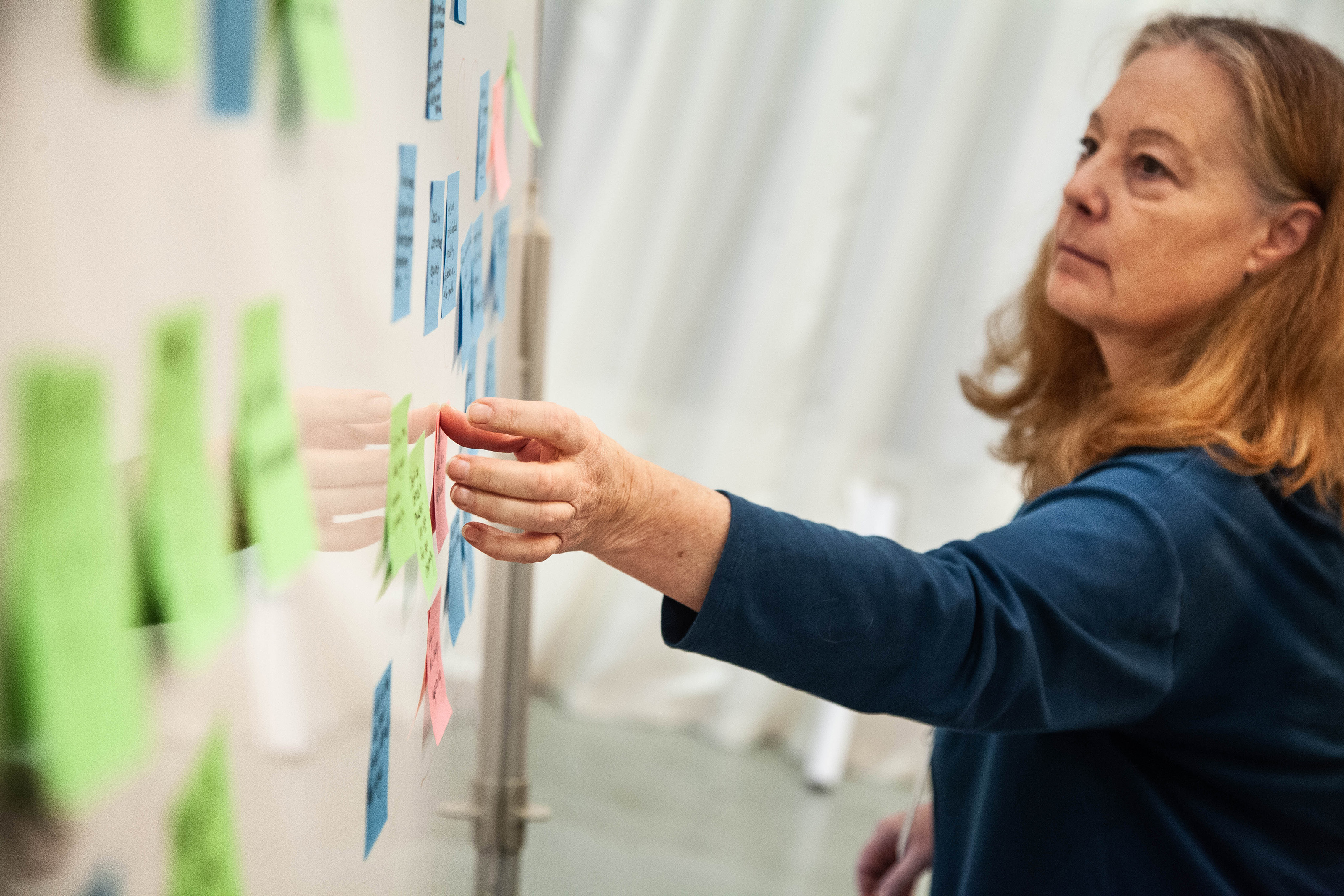
“The two-day kickoff was so inspiring,” says program participant Ella Holst, an instructional designer for a medical device company. “It exposed the unconscious thought patterns that hinder creativity and taught us to use visual thinking to explore how we make meaning.”
Now that participants are back home, they are working through the virtual modules featuring content created by the four instructors above as well as Associate Professor of Landscape Architecture Tiago Campos, Industrial Design Professor Charlie Cannon, faculty member Bonnie Epstein, Architecture Professor Anne Tate, Associate Professor of Industrial Design Tom Weis and Assistant Professor in Literary Arts and Studies Sunhay You.
Each virtual module incorporates self-paced and live online activities and tools designed to reinforce learning through on-the-job making and doing. Asynchronous elements include videos, articles, individualized assignments and space for discussion and critique. The thread connecting these elements of the program is the guiding idea at the core of RISD: question to create, create to question.
“The need for creativity and innovation in the business world has never been greater,” says Kennedy. “Our goal is to help participants make a greater impact on their organizations by reinvigorating their creativity in the workplace.”
Simone Solondz / photos by David O’Connor
February 5, 2024

